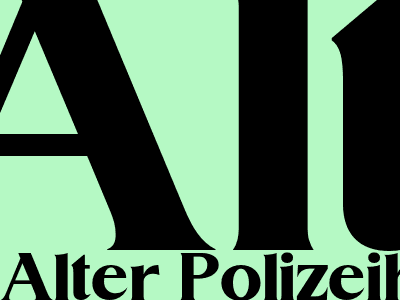
Alter Polizeihelm: A Comprehensive Guide
Introduction
The "Alter Polizeihelm" (Old Police Helmet) holds a rich history, embodying the evolution of law enforcement headgear. This blog post delves into the origins, designs, and significance of this iconic helmet.
Origins and the Pickelhaube
The first standardized helmet worn by German police was the Pickelhaube, a spiked helmet adopted in 1843. Its origins lie in the Prussian military, where it became symbolic of authority.
The Pickelhaube's distinctive spike provided ventilation, deflected blows, and added height to the wearer. It remained in use until the early 20th century.
Transition to the Stahlhelm
During World War I, the Pickelhaube proved impractical. The highly visible spike made soldiers easy targets. As a result, the German military adopted the Stahlhelm, a steel helmet with a rounded dome.
The Stahlhelm offered better protection and was less conspicuous. Its success led to its adoption by police forces after the war.
Post-War Variations
In the post-World War II era, the Stahlhelm remained the basis for police helmets. However, each state and city added their own variations.
These variations included different chinstraps, visors, and crests. Some helmets also featured a leather or fabric liner for added comfort.
Modern Alter Polizeihelm
Today, the Alter Polizeihelm continues to be used for ceremonial purposes. It is a symbol of the long and proud history of German law enforcement.
However, modern police helmets have evolved considerably. They now prioritize safety, comfort, and functionality.
Conclusion
The Alter Polizeihelm represents a tangible link to the rich history of German police. Its iconic design and enduring legacy continue to fascinate collectors and historians alike.